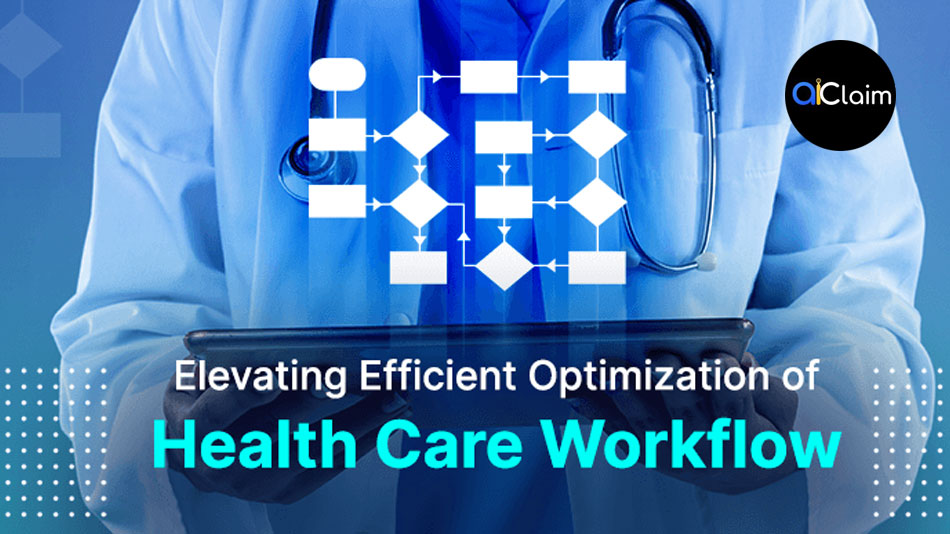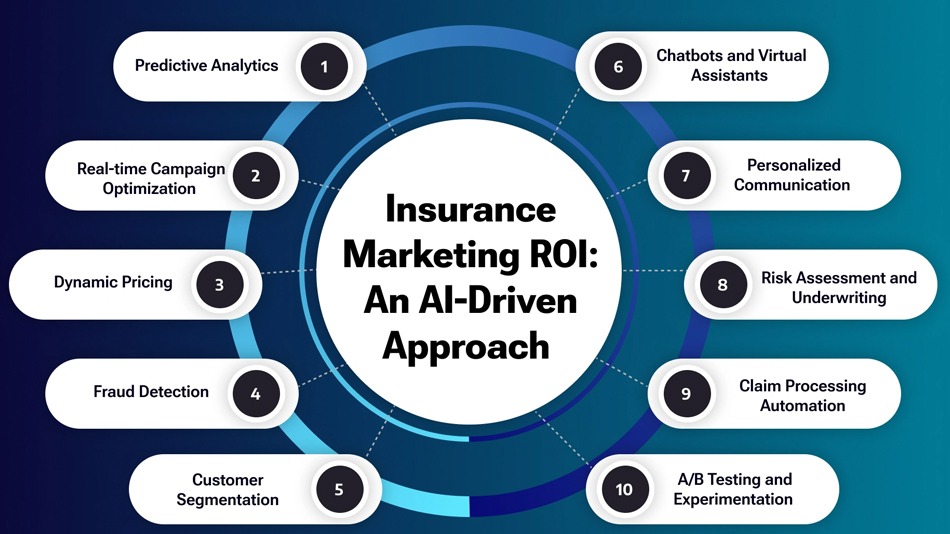In today’s rapidly evolving healthcare industry, organizations must leverage cutting-edge technologies to optimize financial performance. One of the most effective ways to maximize revenue potential is through AI-powered Revenue Cycle Management (RCM). AI-driven solutions enhance efficiency, reduce errors, and improve cash flow, making them indispensable for healthcare providers looking to sustain profitability and deliver high-quality patient care.

Understanding AI-Powered RCM and Its Impact
AI-powered RCM refers to the seamless integration of artificial intelligence and machine learning into revenue cycle management processes. By leveraging these advanced technologies, healthcare providers can effortlessly automate critical tasks such as patient eligibility verification, claims processing, and denial management. As a result, organizations experience enhanced efficiency, reduced errors, and ultimately, improved financial outcomes, allowing them to focus more on delivering quality patient care.
The Importance of AI in Revenue Optimization
Maximizing revenue potential in healthcare is not just about increasing billing; rather, it involves a holistic approach that includes improving operational efficiency, minimizing revenue leakage, and ensuring timely reimbursements. By leveraging AI-driven RCM solutions, healthcare providers can not only streamline financial workflows but also reduce administrative burdens. As a result, they can dedicate more time and resources to patient care while maintaining a seamless and optimized revenue cycle.

Key Strategies to Maximize Revenue Potential with AI-Powered RCM
1. Automating Claims Processing for Higher Accuracy
Manual claims processing is prone to errors, leading to claim denials and payment delays. AI-driven RCM automates claim submissions, ensuring:
- Real-time validation of claims before submission.
- Reduction in errors and rejections.
- Faster reimbursement cycles and improved cash flow.
2. Enhancing Patient Eligibility and Benefits Verification
Manually verifying insurance coverage and benefits can be both time-consuming and highly prone to errors. However, with the integration of AI-powered tools, this process becomes significantly more efficient and accurate. These advanced solutions not only automate verification but also enhance speed and reliability, ensuring that healthcare providers can seamlessly confirm patient eligibility while minimizing delays and reducing claim denials.
- Conducting real-time insurance verification.
- Reducing claim denials due to eligibility issues.
- Improving patient satisfaction through transparency.
Info : Explore AI-driven patient verification strategies on HealthIT.gov.
3. Leveraging Predictive Analytics for Revenue Forecasting
AI-powered RCM systems use predictive analytics to assess financial performance and identify potential revenue gaps. These systems help healthcare providers by:
- Forecasting revenue trends based on historical data.
- Identifying patterns in claim denials and delays.
- Optimizing financial strategies for better cash flow.
4. Reducing Denials with AI-Driven Denial Management
Effective denial management plays a crucial role in maximizing revenue potential. However, without the right strategies, handling claim denials can be challenging and time-consuming. This is where AI steps in to revolutionize the process. By leveraging advanced algorithms and real-time data analysis, AI can:
- Detect patterns in denied claims and suggest corrective actions.
- Automate resubmissions with enhanced accuracy.
- Reduce administrative burdens on healthcare staff.
5. Improving Patient Billing and Payment Collections
AI-powered RCM solutions significantly enhance the patient billing process by not only automating key tasks but also improving overall accuracy and efficiency. With intelligent automation and real-time data processing, these solutions streamline billing operations while reducing errors and delays. As a result, healthcare providers can offer:
- Personalized payment plans based on patient financial profiles.
- Automated reminders and payment processing for faster collections.
- Secure and seamless digital payment options.
6. Enhancing Compliance and Reducing Fraud
Regulatory compliance is a significant concern in healthcare RCM. AI-driven tools help ensure adherence to regulations by:
- Monitoring transactions for fraudulent activities.
- Automating compliance checks for HIPAA and other standards.
- Reducing financial risks associated with regulatory violations.
Learn about AI-driven compliance strategies on HIMSS.
Conclusion
AI-powered RCM is revolutionizing healthcare revenue management by improving efficiency, accuracy, and financial outcomes. By leveraging automation, predictive analytics, and intelligent denial management, healthcare providers can maximize revenue potential while focusing on delivering quality patient care.
Would you like to explore AI-driven RCM solutions tailored for specific healthcare sectors? Let’s discuss how AI can transform your revenue cycle management!




